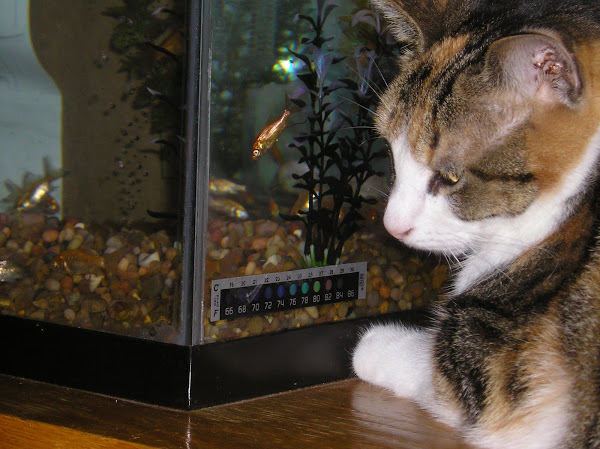My husband grew up on the second level of an attached house in Bayside with a male Siamese cat named Koko. Well, every day that second level stunk from Steve's mother cooking chicken livers for the cat. Despite the smell, Koko loved the livers, and he lived to a ripe old age of 16. According to Wiki, cats are classified as obligate carnivores, predominantly because their physiology is geared toward efficient processing of meat, and lacks efficient processes for digesting plant matter. Similarly as with its teeth, a cat's digestive tract has become specialized over time to suit meat eating, having shortened in length only to those segments of intestine best able to break down proteins and fats from animal flesh. The trait severely limits the cat's ability properly to digest, metabolize, and absorb plant-derived nutrients, as well as certain fatty acids. For example, taurine is scarce in plants but abundant in meats. It is a key amino sulfonic acid for eye health in cats. Taurine deficiency can cause a condition called macular degeneration wherein the cat's retina slowly degenerates, eventually causing irreversible blindness.
Despite the cat's meat-oriented physiology, it is still quite common for a cat to supplement its carnivorous diet with small amounts of grass, leaves, shrubs, houseplants, or other plant matter anyway. One theory suggests this behavior helps cats regurgitate if their digestion is upset; another is that it introduces fiber or trace minerals into the diet. I know that when Gigi goes out to gnaw on grass and other miscellaneous plants, she makes that lovely choking sound when she comes inside, which perhaps is her way of soothing her digestive system.
Subscribe to:
Post Comments (Atom)





No comments:
Post a Comment